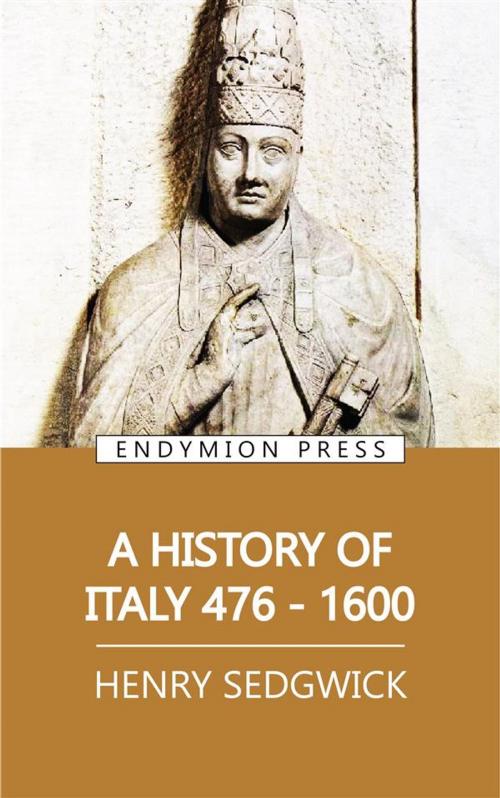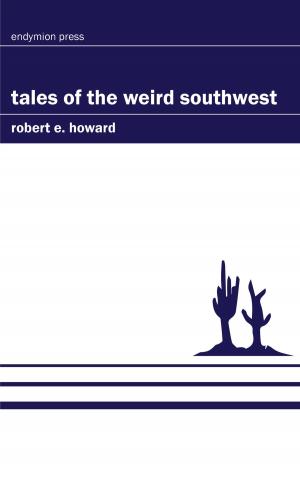| Author: | Henry Sedgwick | ISBN: | 9781531293093 |
| Publisher: | Endymion Press | Publication: | August 15, 2016 |
| Imprint: | Language: | English |
| Author: | Henry Sedgwick |
| ISBN: | 9781531293093 |
| Publisher: | Endymion Press |
| Publication: | August 15, 2016 |
| Imprint: | |
| Language: | English |
In the year 476 an unfortunate young man, mocked with the great names of the founders of the City and of the Empire, Romulus Augustus, nicknamed Augustulus, was deposed from the throne of the Cæsars by a Barbarian general in the Imperial service, and the Roman Empire in Italy came to its end. This act was but the outward sign that the power of Italy was utterly gone, and that in the West at least the Barbarians were indisputably conquerors in the long struggle which they had carried on for centuries with the Roman Empire.
That Empire, at the period of its greatness, embraced all the countries around the Mediterranean Sea; it was the political embodiment of the Mediterranean civilization. In Europe, to the northeast, it reached as far as the Rhine and the Danube; it included England. Beyond the Rhine and the Danube dwelt the Barbarians. Europe was thus divided into two parts, the civilized and the Barbarian: one, a great Latin empire which rested upon slavery, and was governed by a highly centralized bureaucracy; the other, a collection of tribes of Teutonic blood, bound together in a very simple form of society, and essentially democratic in character.
In the year 476 an unfortunate young man, mocked with the great names of the founders of the City and of the Empire, Romulus Augustus, nicknamed Augustulus, was deposed from the throne of the Cæsars by a Barbarian general in the Imperial service, and the Roman Empire in Italy came to its end. This act was but the outward sign that the power of Italy was utterly gone, and that in the West at least the Barbarians were indisputably conquerors in the long struggle which they had carried on for centuries with the Roman Empire.
That Empire, at the period of its greatness, embraced all the countries around the Mediterranean Sea; it was the political embodiment of the Mediterranean civilization. In Europe, to the northeast, it reached as far as the Rhine and the Danube; it included England. Beyond the Rhine and the Danube dwelt the Barbarians. Europe was thus divided into two parts, the civilized and the Barbarian: one, a great Latin empire which rested upon slavery, and was governed by a highly centralized bureaucracy; the other, a collection of tribes of Teutonic blood, bound together in a very simple form of society, and essentially democratic in character.















